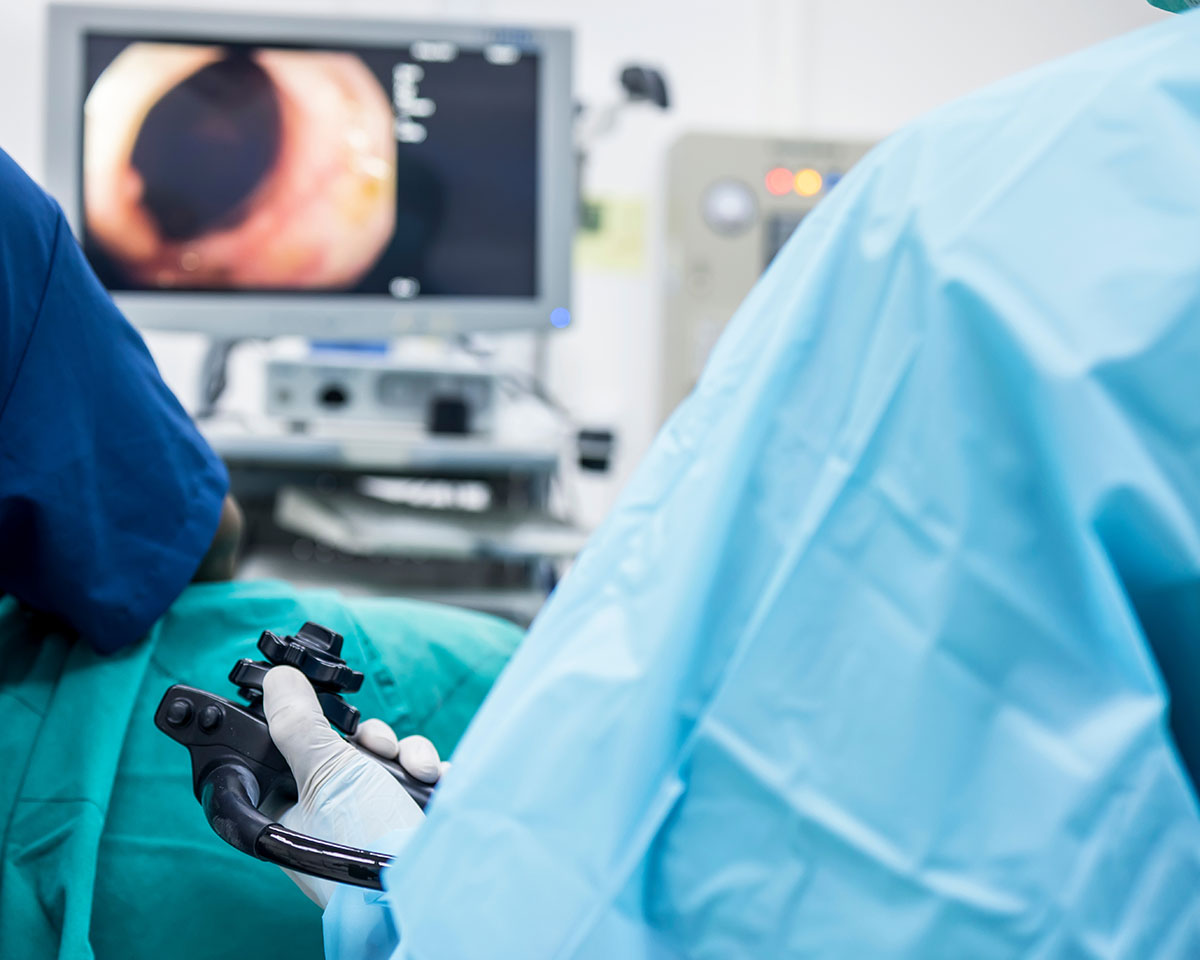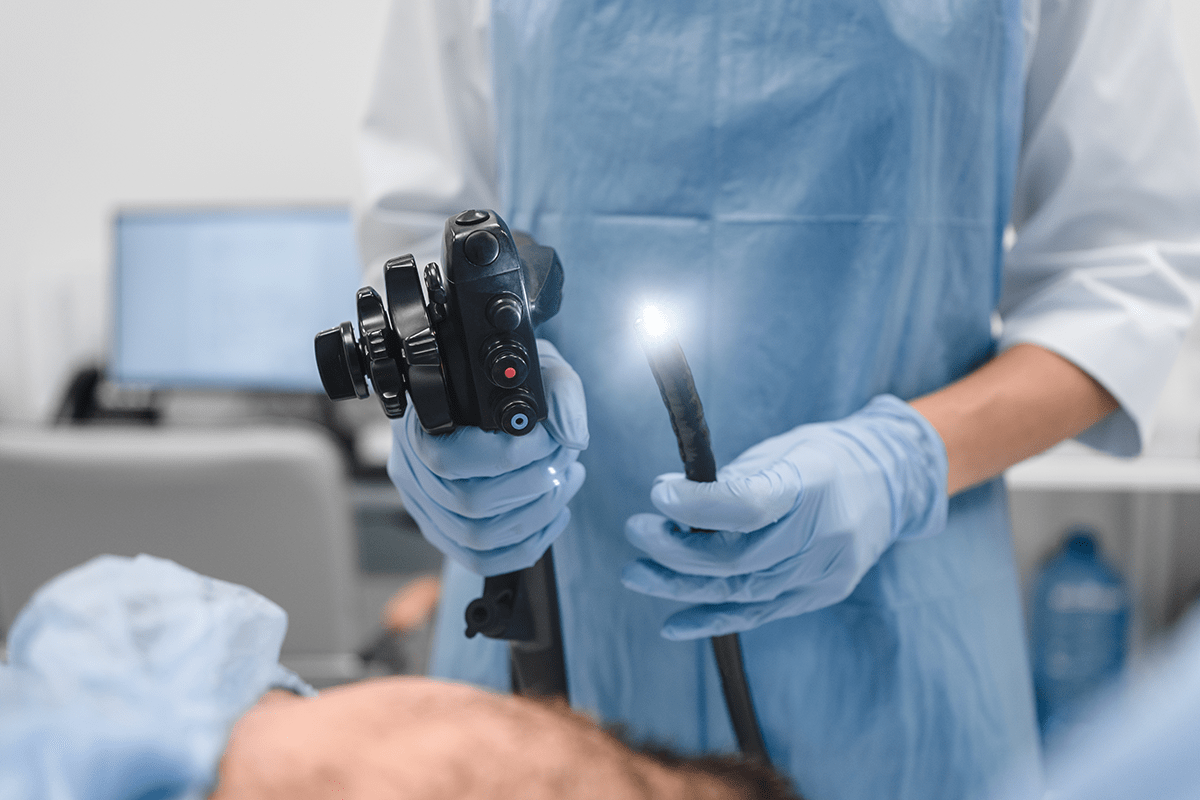You’ve had hernia surgery in Singapore, and you are hoping that is the end of it. But sometimes, hernias can return. While this is not common, knowing the reasons behind recurrence and what you can do to prevent it can make all the difference.
Table of Contents
ToggleWhat Is Hernia Recurrence?
A hernia happens when an internal organ, fatty tissue, or part of the intestine pushes through a weak spot in the surrounding muscle or connective tissue. Not all hernias need surgery, but treatment is normally required if they cause pain, grow larger, or develop complications such as incarceration or strangulation.
Hernia recurrence occurs when a hernia returns in the same area after a surgical hernia repair in Singapore. This happens when the repaired muscle or tissue weakens and allows organs or fatty tissue to push through again. In most cases, a recurrent hernia will need surgery to repair the weakened area and prevent further complications.
How Common Is Hernia Recurrence?
- Inguinal Hernia: Recurrence rates range from 0.5% to 15%, depending on the surgical approach.
- Ventral Hernia: Studies indicate that 5-year recurrence rates can be 40% to 70%, particularly in patients who did not receive mesh reinforcement.
Think your hernia has come back or want to prevent recurrence? Book a consultation so we can assess your condition.
What Causes a Hernia to Come Back?
A recurrent hernia can be linked to several factors:
Surgical Factors
- The technique used during hernia surgery in Singapore
- The condition of the tissues at the repair site
- The type and placement of mesh or reinforcement material
- How the surgical wound heals after the procedure
Patient-Related Factors
- Obesity or significant weight changes
- Chronic coughing, constipation, or straining
- Smoking, which delays tissue healing
- Returning to strenuous activity too early after a previous procedure
- Medical conditions that weaken muscles and connective tissue
How to Reduce the Risk of Hernia Recurrence
While not every recurrence can be prevented, there are steps patients can take to reduce risk:
- Maintain a stable and healthy weight
- Avoid smoking and limit alcohol use
- Treat underlying conditions such as chronic cough or constipation
- Follow all post-surgery activity restrictions closely
- Keep up with follow-up appointments after hernia surgery in Singapore
What To Do If a Hernia Comes Back?
If your hernia returns, early recognition and prompt action are key. You might notice subtle changes around the site of your previous repair, or simply feel that something isn’t quite right. Ignoring these signs can allow the hernia to worsen or lead to complications.
For patients experiencing recurring abdominal discomfort, a colonoscopy in Singapore can help rule out other underlying digestive conditions.
Check in with your colorectal surgeon as soon as you notice any of the following common symptoms of hernia recurrence:
- Discomfort or pain at or near the previous repair site
- A new lump or bulge around the old hernia location
- Swelling that becomes more noticeable when standing, coughing, or lifting
- A sense of heaviness or pressure in the abdomen or groin
- Digestive changes, such as bloating or constipation, in some cases
Some patients confuse hernia recurrence with colon cancer symptoms in Singapore, making professional diagnosis vital.
How To Treat Hernia Recurrence?
If surgery is required, your doctor will assess the type, size, and complexity of the hernia before recommending the best approach. Treatment options may include:
Open Repair for Recurrent and Complex Hernias
When a hernia comes back, the tissue around the previous repair may be weaker or scarred. In these situations, an open repair is often recommended. This approach allows the surgeon to directly access the site, carefully separate scar tissue, and reinforce the abdominal wall with sutures or mesh.
Although recovery may take longer than with keyhole methods, open repair is a reliable option for complex recurrences where other techniques may not be suitable.
Laparoscopic Repair for Certain Recurrent Hernias
In some cases of recurrence, laparoscopic surgery can still be an option. Using small incisions and a camera, the surgeon works inside the abdomen to place mesh and strengthen the repair. This approach avoids operating directly through the old scar, which may help reduce complications.
For selected patients, laparoscopic repair may offer quicker recovery and a lower chance of the hernia returning compared with repeating open surgery.
Robotic-Assisted Repair for Challenging Recurrences
Robotic-assisted surgery can be useful when the anatomy is complex or scar tissue is significant. The 3D imaging allows for accurate mesh placement and delicate handling of tissue.
An endoscopy procedure in Singapore is often suggested when digestive symptoms overlap, ensuring a more accurate diagnosis beyond hernia-related issues.
Consult a Doctor To Reduce Your Risk of Hernia Recurrence
If you are worried about recurrence after hernia repair in Singapore, you should consult a colorectal and general surgeon.
At Advanced Colorectal and General Surgery, we provide personalised hernia surgery and treatment in Singapore, from diagnosis to post-surgical follow-up. Our goal is to help patients manage hernias effectively and get back to their daily lives with confidence.





